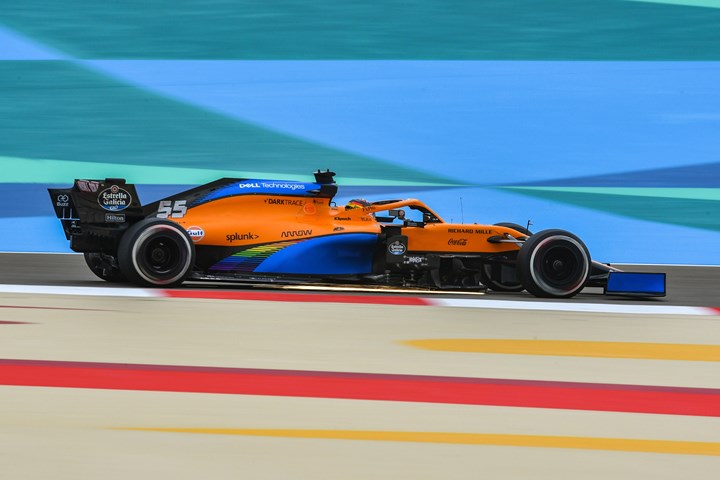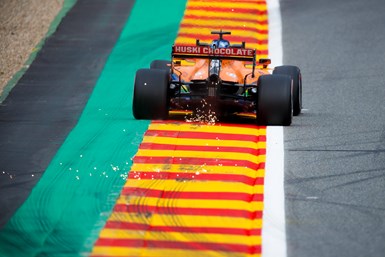McLaren Racing accelerates F1 car development
Through a partnership with E-Xstream Engineering, the racing company plans to optimize design decisions.

(Luxembourg), part of Hexagon’s (North Kingstown, R.I,, U.S.) manufacturing intelligence division, has been selected by (Woking, U.K.) to provide materials data management for its Formula 1 cars.
McLaren Racing has chosen the MaterialCenter materials lifecycle management system to help its engineering team make optimal design decisions for their vehicles quickly, efficiently and cost-effectively. MaterialCenter captures data from material testing and the many tools and processes the team employs to ensure full traceability throughout each component’s lifecycle. It also enables design innovation using materials such as alloys, elastomers, plastics, metals and composites.

Richard Jenkins, materials group leader for McLaren Racing, says, “Designing and building a Formula 1 race car takes all of the individual engineering pressures — time, budget, weight, performance — and hyper focuses them into one package.”
The president of design and engineering in Hexagon’s manufacturing intelligence division, Roger Assaker, says, “We share McLaren’s ambition to continuously push the envelope in engineering, and understand that the key to that is collaboration between teams and complete oversight of your resources.”
MaterialCenter reportedly guarantees that engineers use a consistent source of approved materials derived from traceable integrated processes, resulting in reduced data loss and the elimination of time-consuming manual data management tasks.
Related Content
-
Honda begins production of 2025 CR-V e:FCEV with Type 4 hydrogen tanks in U.S.
Model includes new technologies produced at Performance Manufacturing Center (PMC) in Marysville, Ohio, which is part of Honda hydrogen business strategy that includes Class 8 trucks.
-
Bladder-assisted compression molding derivative produces complex, autoclave-quality automotive parts
HP Composites’ AirPower technology enables high-rate CFRP roof production with 50% energy savings for the Maserati MC20.
-
Thermoplastic composites: Cracking the horizontal body panel nut
Versatile sandwich panel technology solves decades-long exterior automotive challenge.






